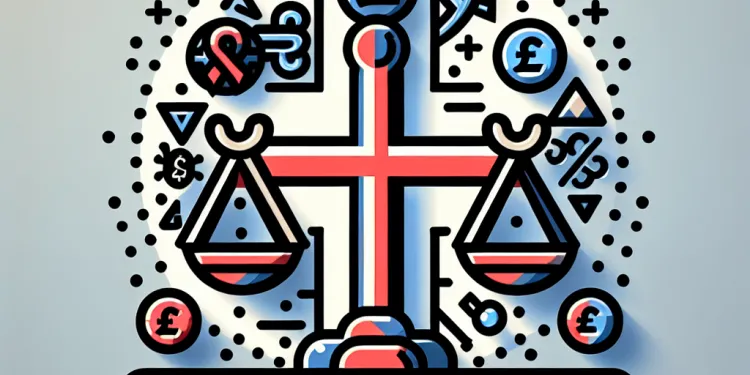
Find A Professional
More Items From Ergsy search
-
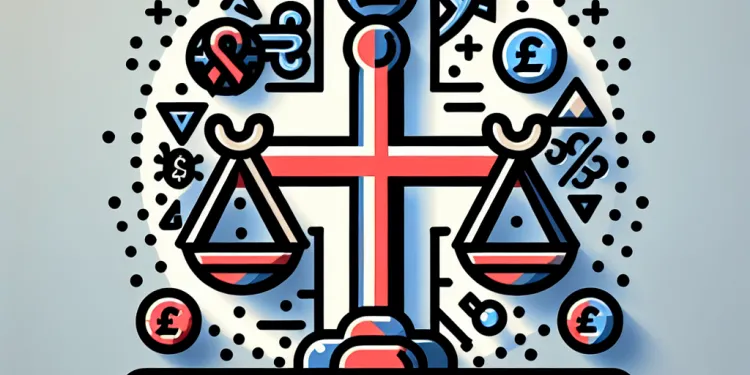
What role does stigma play in the HIV epidemic?
Relevance: 100%
-

What is the difference between HIV and AIDS?
Relevance: 60%
-
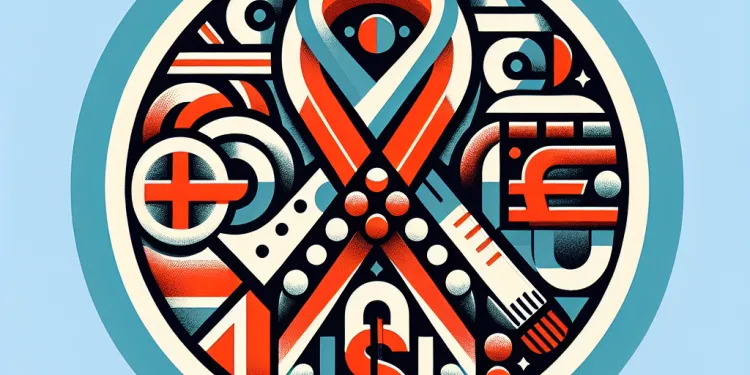
What is HIV / AIDS?
Relevance: 58%
-
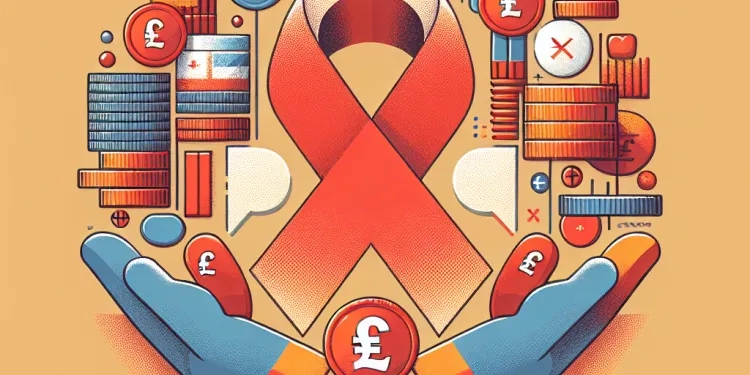
How can HIV be prevented?
Relevance: 56%
-
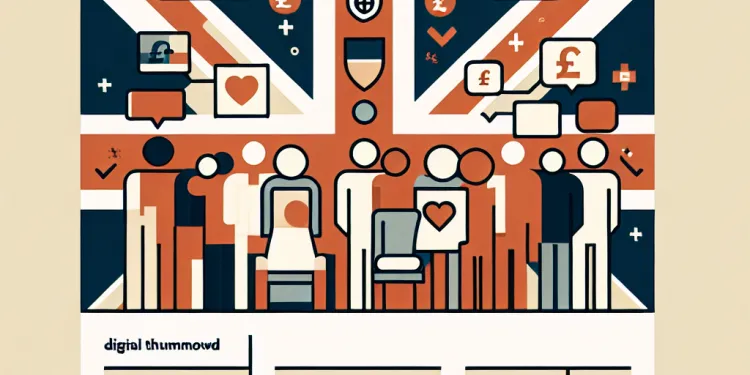
Can people with HIV lead normal lives?
Relevance: 54%
-
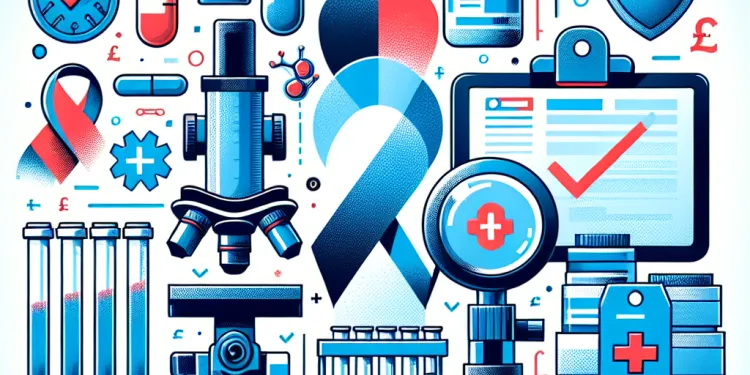
How is HIV diagnosed?
Relevance: 53%
-
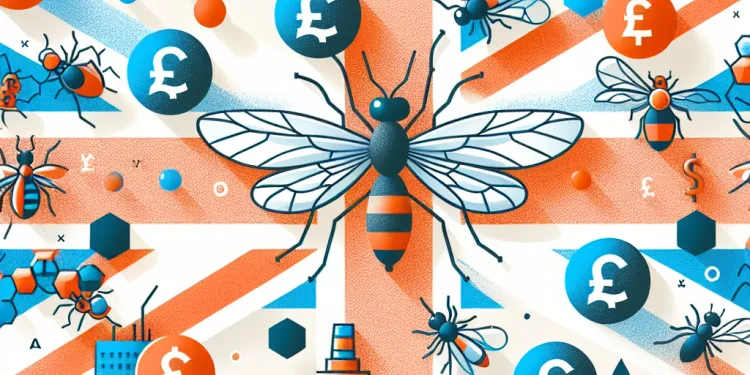
Can HIV be transmitted through insect bites?
Relevance: 52%
-

What is HIV?
Relevance: 50%
-
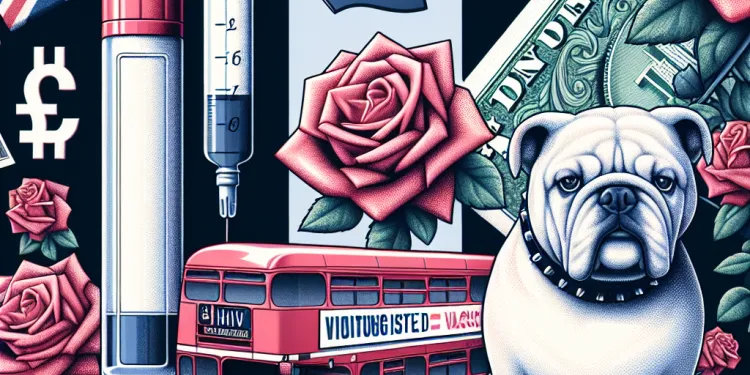
Are there vaccines available for HIV?
Relevance: 47%
-

Sexual Health - HIV Testing
Relevance: 47%
-
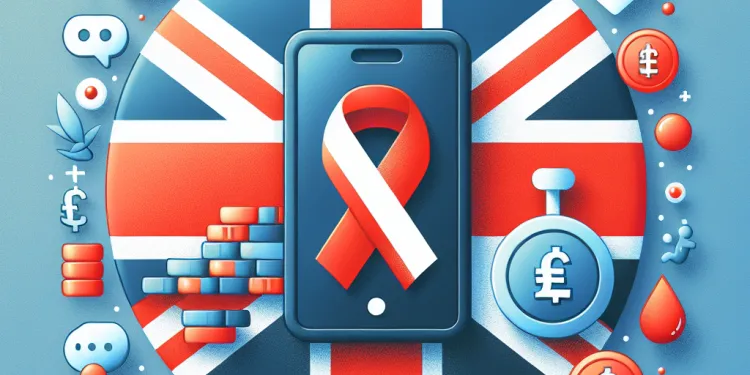
Is HIV only a concern for certain groups of people?
Relevance: 46%
-
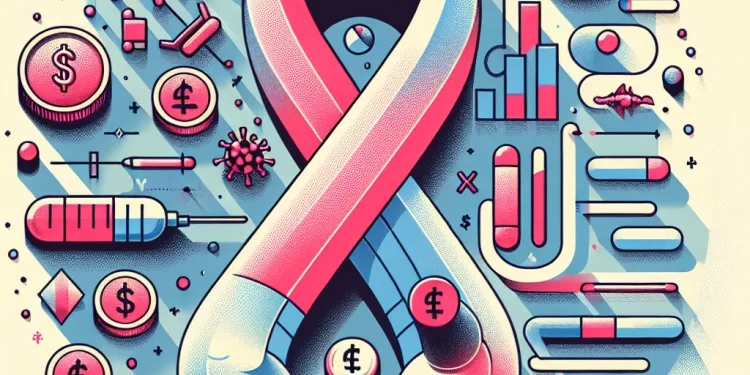
How is HIV transmitted?
Relevance: 45%
-
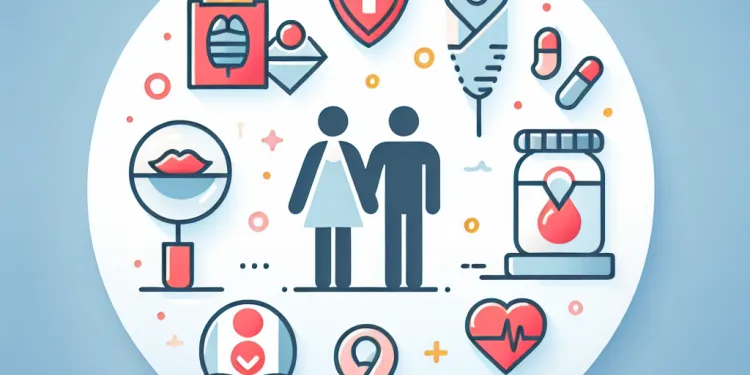
Is it safe for a partner of someone with HIV to have children?
Relevance: 39%
-
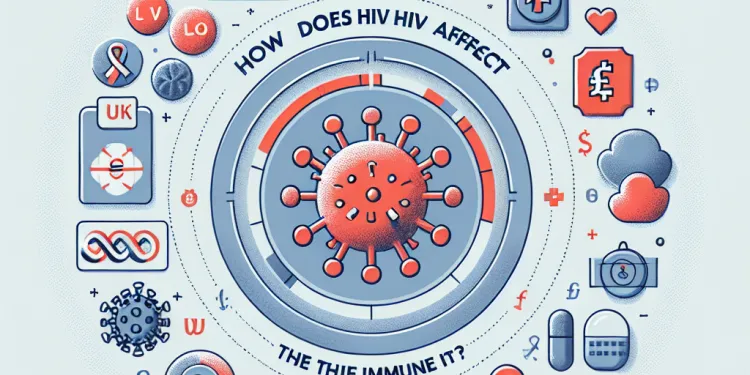
How does HIV affect the immune system?
Relevance: 39%
-
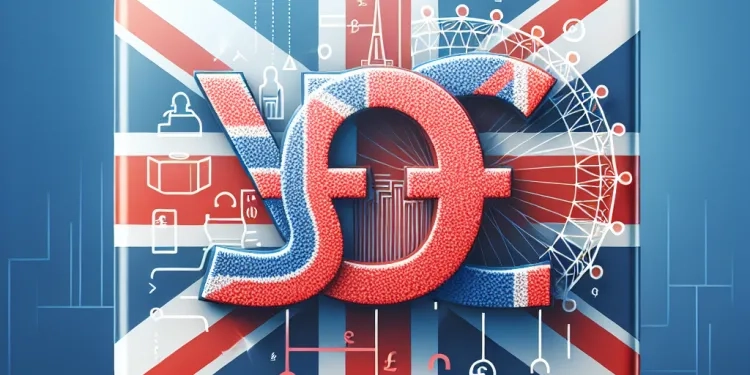
What is AIDS?
Relevance: 38%
-

HIV and pregnancy | NHS
Relevance: 38%
-
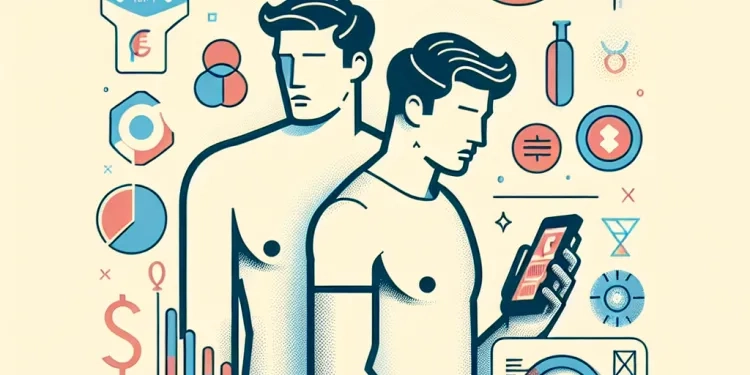
How often should someone get tested for HIV?
Relevance: 37%
-
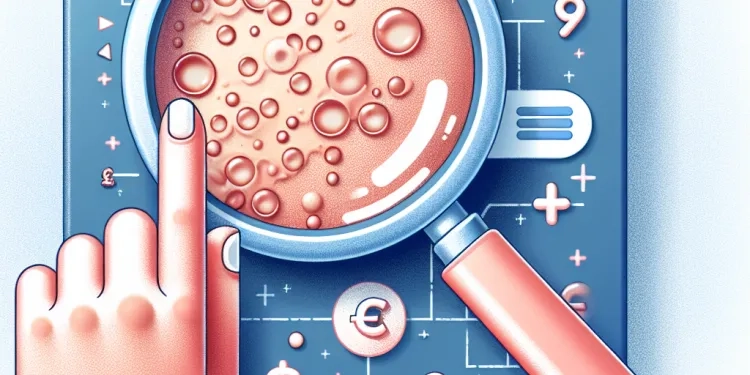
Hives - Skin Condition
Relevance: 35%
-
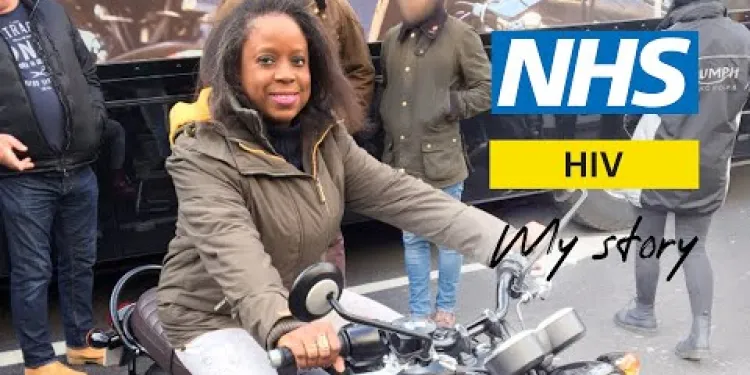
HIV - My Story - Florence | NHS
Relevance: 35%
-
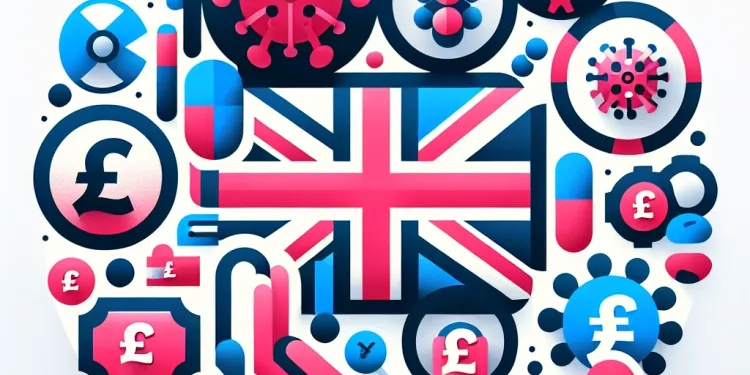
What is antiretroviral therapy (ART)?
Relevance: 22%
-
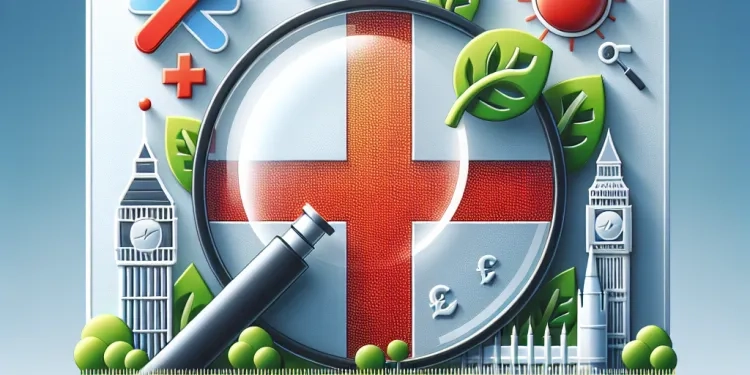
Can HIV be cured?
Relevance: 22%
-
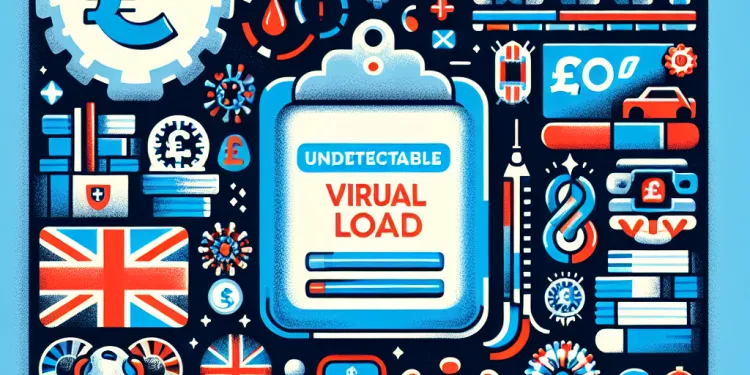
What does an undetectable viral load mean?
Relevance: 20%
-
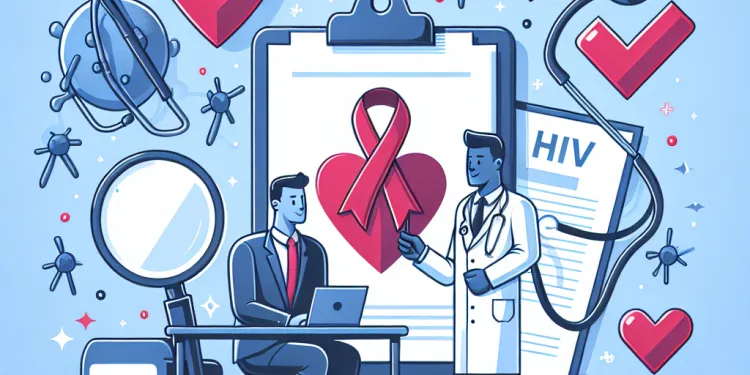
What are the symptoms of HIV?
Relevance: 18%
-
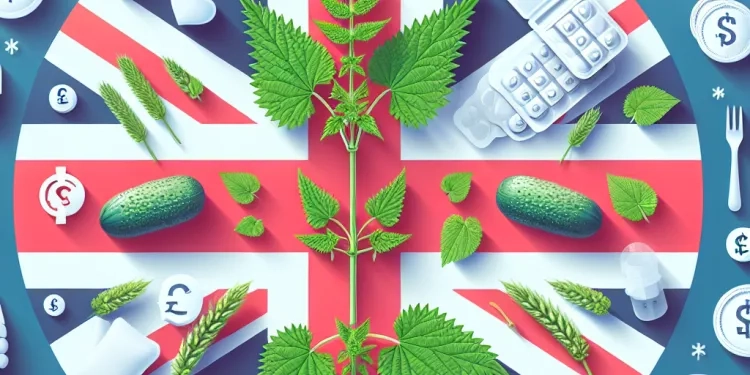
What foods can trigger nettle rash?
Relevance: 9%
-
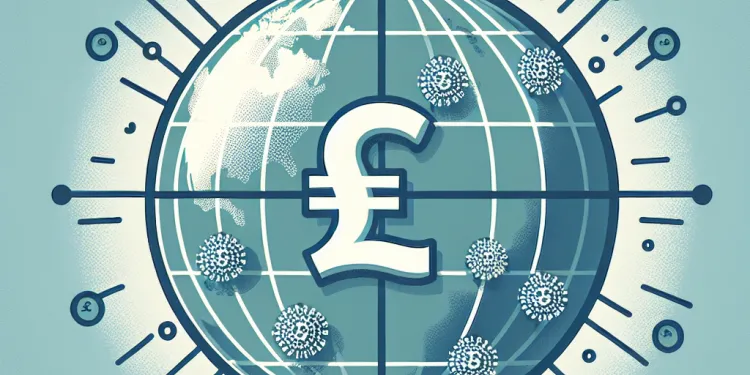
What global organizations are involved in Nipah Virus research?
Relevance: 7%
-

Short Films About Mental Health - Trauma PTSD
Relevance: 6%
-
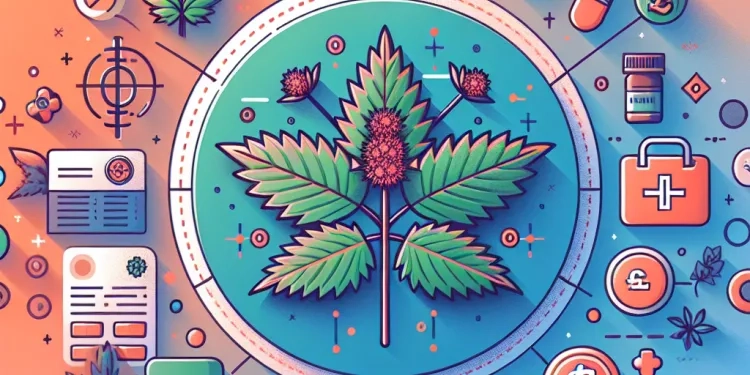
What causes nettle rash?
Relevance: 6%
-
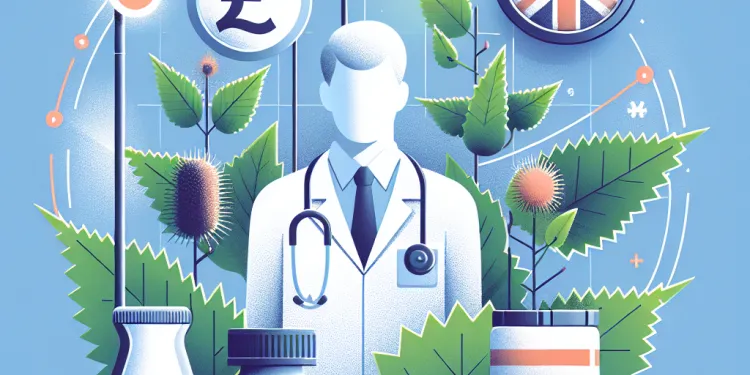
When should I see a doctor for nettle rash?
Relevance: 5%
-
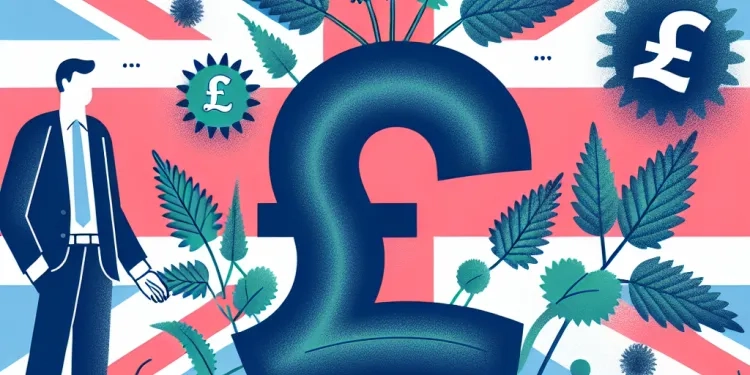
Does stress contribute to nettle rash?
Relevance: 5%
-

Sexually transmitted infections STIs
Relevance: 4%
-
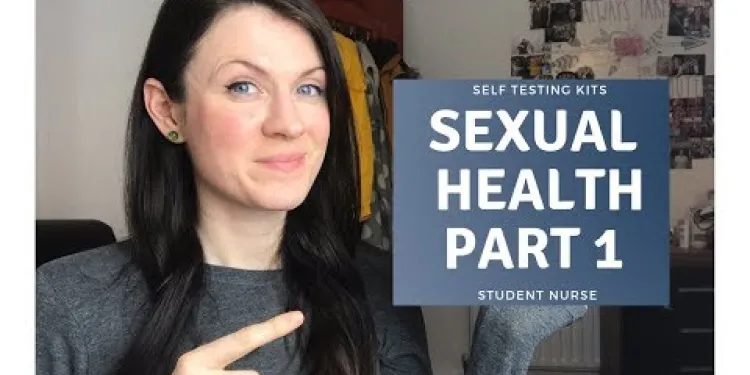
Let's Talk Sexual Health - Home Self Testing Kits
Relevance: 4%
-
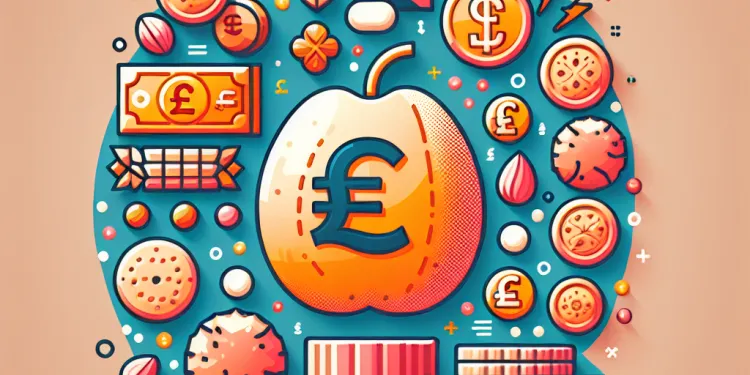
What are the symptoms of a nut allergy?
Relevance: 4%
-
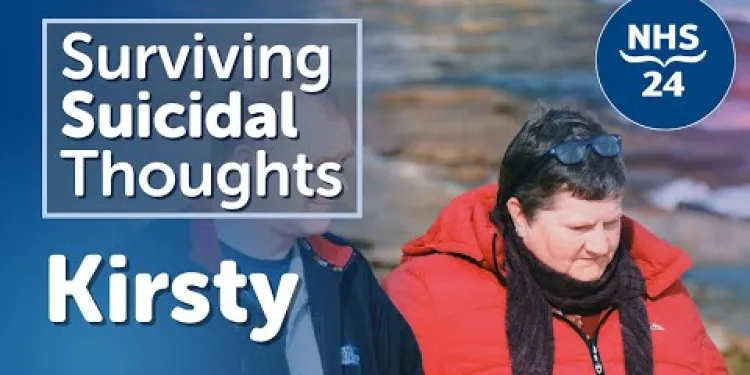
Kirsty | Surviving Suicidal Thoughts
Relevance: 4%
-
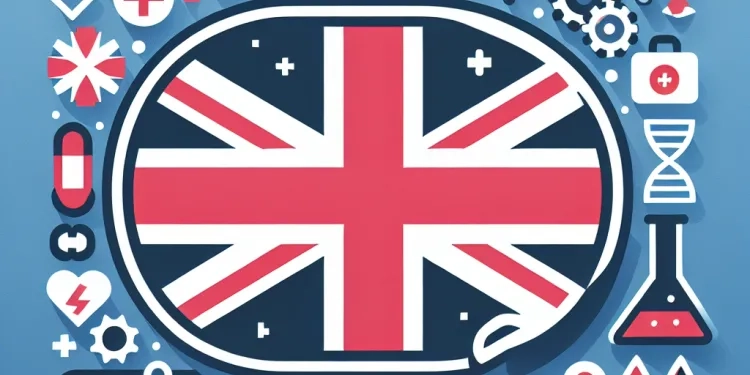
Can HIV be transmitted through casual contact?
Relevance: 4%
-
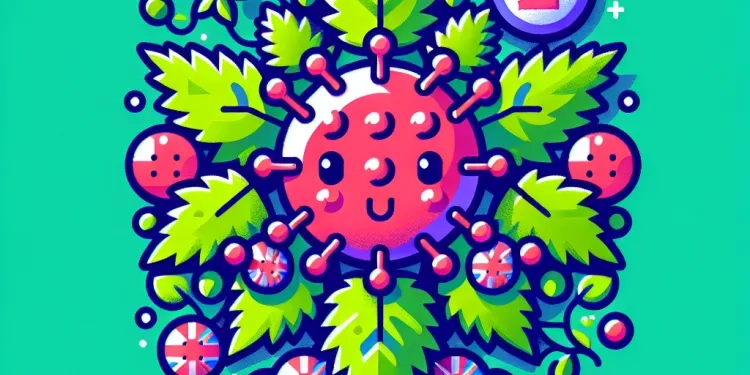
What is nettle rash?
Relevance: 3%
-

Is nettle rash contagious?
Relevance: 3%
-
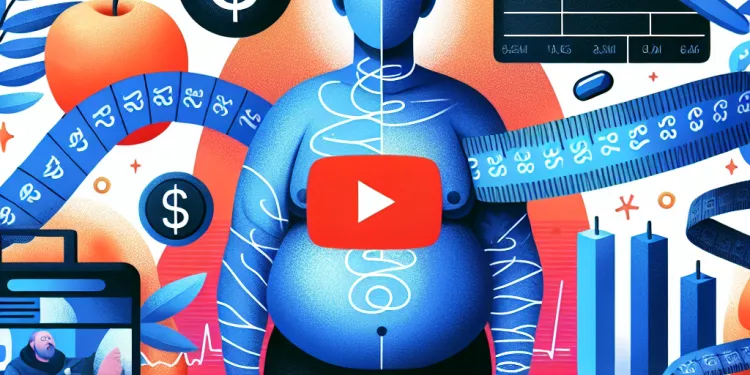
What is the impact of obesity on mental health?
Relevance: 3%
-
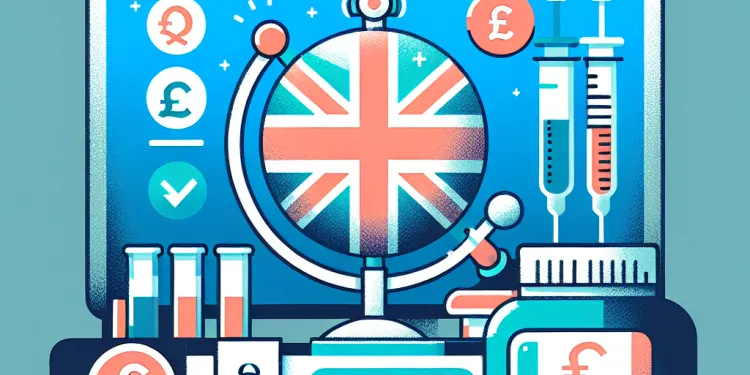
How do health authorities confirm a Marburg virus outbreak?
Relevance: 3%
-
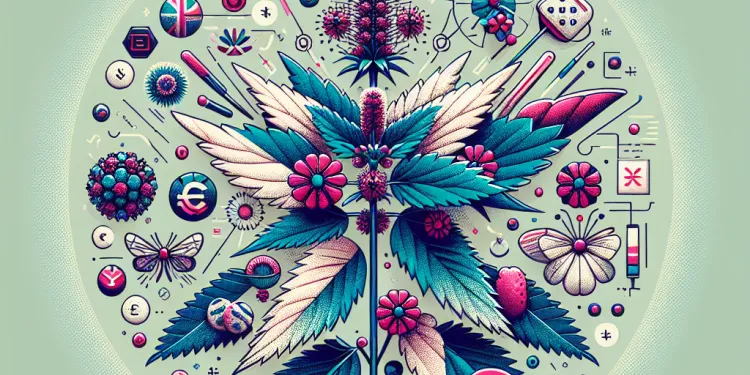
What are common symptoms of nettle rash?
Relevance: 3%
-
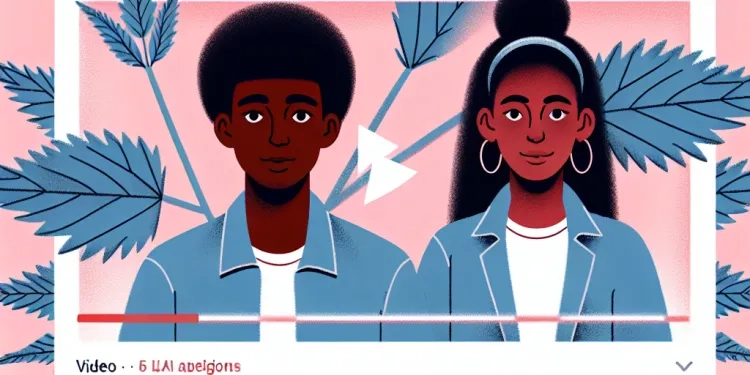
Can nettle rash spread from person to person?
Relevance: 3%
Understanding Stigma in the HIV Epidemic
Stigma remains a significant barrier in addressing the HIV epidemic in the UK, impacting everything from prevention efforts to treatment and support for those living with the virus. Understanding how stigma operates and its consequences is crucial for creating more effective responses to HIV.
Defining Stigma and Its Forms
Stigma refers to negative attitudes and beliefs that manifest in discrimination towards individuals based on certain characteristics, such as living with HIV. In the context of HIV, stigma can be experienced in various forms such as social stigma, self-stigma, and institutional stigma. Social stigma involves societal attitudes and prejudices, while self-stigma occurs when people internalize negative stereotypes. Institutional stigma includes discriminatory policies or practices.
Impact on Prevention and Testing
Stigma surrounding HIV significantly hampers prevention and testing efforts. Fear of judgement and discrimination can deter individuals from getting tested, thereby increasing the risk of unknowingly transmitting the virus. In the UK, despite considerable advancements in HIV treatment, a significant number of people avoid testing, fearing societal rejection or professional repercussions. Reducing stigma is critical in encouraging people to access testing services, receive early diagnoses, and benefit from interventions like PrEP.
Effect on Treatment and Health Outcomes
For individuals diagnosed with HIV, stigma can impact their willingness to seek and adhere to treatment. Stigma may discourage people from disclosing their status, leading to isolation and mental health challenges, which subsequently affect physical health. Those who fear discrimination might avoid healthcare systems entirely or fail to engage thoroughly, resulting in poorer health outcomes. Tackling stigma can lead to better engagement with healthcare services, subsequently improving treatment adherence and reducing the viral load among those affected.
Challenges in Addressing Stigma
Addressing stigma is challenging due to its deep-rooted nature in societal attitudes and misconceptions about HIV. Public awareness and education programs are vital to dispelling myths and changing attitudes. Additionally, legal and policy changes are required to protect individuals from discrimination in healthcare, employment, and other sectors.
The Role of Education and Support
Education plays a pivotal role in reducing HIV stigma by equipping the public with accurate information. It is essential to implement comprehensive awareness campaigns and incorporate HIV education into school curricula. Support groups and peer-led programs also provide valuable platforms for individuals to share experiences and build resilience against stigma.
Conclusion
Stigma continues to be a profound barrier in addressing the HIV epidemic in the UK, affecting prevention, testing, and treatment outcomes. A combined approach involving education, policy reforms, and community support is essential to diminish stigma and foster a more inclusive environment for those living with HIV. Reducing stigma not only benefits those directly affected but also advances the overall public health response to the epidemic.
Understanding Stigma in the HIV Epidemic
Stigma is when people are treated unfairly because they have HIV. In the UK, stigma makes it hard to prevent, treat, and support people with HIV. We need to understand how stigma works to help people better.
What is Stigma?
Stigma means having bad feelings and thoughts about people with HIV. It can happen in different ways:
- Social stigma: This is when society has bad attitudes about HIV.
- Self-stigma: This is when people with HIV feel bad about themselves because of these attitudes.
- Institutional stigma: This is when rules or actions in places like hospitals or workplaces are unfair to people with HIV.
How Stigma Affects Prevention and Testing
Stigma makes it hard for people to get tested for HIV. They might be scared of being judged or treated badly. This means they might not know they have HIV and can pass it to others. In the UK, even though we have good HIV treatments, many people don’t get tested because of stigma. We need to reduce stigma so people will feel safe to get tested and treated.
How Stigma Affects Treatment and Health
People with HIV might not want to get treatment because of stigma. They might be scared to tell others they have HIV, which can make them feel alone and sad. This can also make their health worse. Some people might avoid going to the doctor because they fear being treated badly. If we reduce stigma, more people will go to the doctor, take their medicine, and stay healthy.
Challenges in Reducing Stigma
Reducing stigma is hard because people have believed wrong things about HIV for a long time. We need to teach people the truth about HIV. We also need laws to protect people with HIV from unfair treatment at work or when they go to the doctor.
The Role of Education and Support
Teaching people the facts about HIV helps reduce stigma. We should have campaigns to spread the right information about HIV. Schools should also teach about HIV. Support groups where people can talk and share stories help build strength against stigma.
Conclusion
Stigma makes it hard to fight HIV in the UK. It affects testing and treatment for people with HIV. To reduce stigma, we need education, fair policies, and support from the community. This will help not just people with HIV, but improve public health for everyone.
Frequently Asked Questions
What is the stigma associated with HIV?
Stigma associated with HIV refers to the negative beliefs, feelings, and attitudes towards people living with HIV, often leading to discrimination and social exclusion.
How does stigma affect individuals with HIV?
Stigma can lead to mental health issues, interfere with treatment adherence, and discourage individuals from seeking testing or treatment due to fear of discrimination.
Why is stigma a major issue in the HIV epidemic?
Stigma perpetuates fear and misinformation, discourages testing and treatment, and contributes to the spread of the virus by creating barriers to education and prevention.
What are the social consequences of HIV-related stigma?
Social consequences include isolation, loss of relationships, unemployment, and reduced access to social and healthcare services.
How does stigma impact HIV prevention efforts?
Stigma can prevent people from accessing preventive tools, disclosing their status to partners, and engaging in conversations about safe practices, hindering effective prevention.
Can stigma lead to discrimination against people with HIV?
Yes, stigma often results in discrimination in healthcare, employment, and social settings, violating the human rights of people living with HIV.
What are the psychological effects of stigma on people with HIV?
Psychological effects include anxiety, depression, low self-esteem, and a heightened sense of shame or guilt.
How does stigma contribute to the spread of HIV?
Stigma can drive the epidemic underground, leading people to avoid testing or treatment and perpetuating the cycle of transmission by untreated individuals.
What role does stigma play in accessing healthcare for HIV?
Stigma can create barriers to accessing healthcare, as individuals may fear judgment or discrimination from healthcare providers, leading to delayed or avoided care.
How can stigma be reduced in the context of HIV?
Reducing stigma involves education, increasing awareness, promoting supportive laws and policies, and encouraging open conversations to destigmatize the condition.
What are some misconceptions about people with HIV due to stigma?
Common misconceptions include that only certain groups can contract HIV or that all individuals with HIV are irresponsible or infectious.
What impact does stigma have on HIV testing rates?
Stigma can significantly lower testing rates, as fear of being judged or stigmatized discourages individuals from seeking testing.
In what ways do cultural beliefs influence HIV-related stigma?
Cultural beliefs can amplify stigma by associating HIV with moral failings, attaching shame to the diagnosis, or perpetuating myths about transmission.
How does stigma affect the ability of people with HIV to disclose their status?
Fear of stigma can make it difficult for individuals to disclose their status to family, friends, or partners, which is crucial for support and prevention.
What are the economic effects of stigma on people living with HIV?
Economically, stigma can lead to job loss, lower income, and decreased opportunities due to discrimination in the workplace.
How is stigma a barrier to HIV advocacy and community support?
Stigma can prevent communities from rallying around their members, discouraging open advocacy and support for people living with HIV.
What effect does stigma have on HIV treatment adherence?
Stigmatized individuals may avoid necessary healthcare visits or cease taking medication, resulting in poor treatment adherence and health outcomes.
How does stigma affect children and adolescents with HIV?
Stigma can lead to bullying, social exclusion, and mental health issues among children and adolescents living with or affected by HIV.
What role does stigma play in the criminalization of HIV?
Stigma contributes to the criminalization of HIV transmission, where individuals can face harsh legal penalties that perpetuate fear and discrimination.
How can communities combat HIV-related stigma?
Communities can combat stigma by fostering inclusive, supportive environments, promoting education and awareness, and challenging discriminatory attitudes and practices.
What is the stigma linked to HIV?
Stigma is when people feel bad or are treated unfairly because of something, like having HIV.
HIV is a sickness that people can carry, but they can live normal lives with help from doctors.
Helpful Tips:
- Talk to someone you trust if you feel upset.
- Learn more about HIV to understand it better.
- Treat everyone with kindness and respect.
Tools to Help:
- Use picture books to learn about HIV.
- Watch videos that explain HIV in a simple way.
- Join support groups to talk with others.
Stigma means when people think bad things about others. Stigma about HIV is when people have wrong or mean ideas about others who have HIV. This can make people with HIV feel left out or treated unfairly.
How does stigma affect people with HIV?
HIV is a virus that can make people sick. Some people treat those with HIV differently because they do not understand the virus. This is called stigma.
Stigma can make people with HIV feel sad or alone. It might stop them from telling others about their illness or from going to the doctor.
To help, we can be kind and learn about HIV. We can use simple tools like:
- Talking openly about HIV to understand it better.
- Supporting friends or family with HIV by listening to them.
- Helping to make everyone feel safe and accepted.
Stigma can cause problems for mental health. It can stop people from sticking to their treatment. Stigma can also make people scared to get tested or treated because they might be treated unfairly.
Why is stigma a big problem in the HIV outbreak?
Stigma is when people judge or treat others badly because they have HIV. This can make life very hard for those with the virus.
Here are some reasons why stigma is a big problem:
- It can stop people from getting tests and treatment for HIV.
- People might feel alone or scared to talk about their feelings.
- Stigma can hurt relationships with friends and family.
To help with understanding, you can use:
- Pictures to show what HIV and stigma mean.
- Stories about people who bravely talk about their experiences.
- Support groups where people can share their stories and help each other.
Stigma makes people scared and spreads wrong information. It stops people from getting tested and treated. This can make the virus spread more because it blocks learning and stops people from trying to prevent it.
How does treating people badly because they have HIV affect their lives?
People might feel lonely and lose friends or family. They might not have a job or find it hard to get help from doctors or social workers.
How does stigma affect stopping HIV?
Stigma means treating people unfairly because they have HIV.
Stigma can make it hard to stop the spread of HIV because:
- People might be scared to get tested.
- People might not want to talk about HIV.
- People might feel alone and not ask for help.
When there is less stigma, we can help more people with HIV and stop it from spreading. Talking openly and being kind to everyone helps a lot.
Stigma means being judged or treated badly because of something. This can stop people from using tools that keep them healthy. It can also make it hard for them to tell their partners about it. Talking about staying safe can also be difficult. This makes it harder for people to stay healthy.
Does feeling ashamed cause people to treat those with HIV unfairly?
Sometimes, people feel ashamed or scared when they think about HIV. This is called stigma.
Stigma can make people with HIV feel bad or be treated unfairly. This unfair treatment is called discrimination.
If someone is treated differently because they have HIV, that is not okay.
Here are some things that can help:
- Learn more about HIV to understand it better.
- Talk kindly to everyone, no matter their health.
- Stand up for people with HIV if they are being treated unfairly.
- Remember that having HIV is just a part of someone's life, and it doesn't change who they are.
Yes, people with HIV are often treated unfairly. This can happen at the doctor’s office, at work, or in other places. It is not right and it goes against their human rights.
How does being treated differently affect people with HIV?
When people have HIV, others might treat them differently. This can make them feel sad or worried.
Feeling different can make it hard to make friends and be happy.
Here are some ways to feel better:
- Talk to someone you trust about how you feel.
- Join a support group to meet others with HIV.
- Remember you are not alone; many people care about you.
Being bullied can make you feel very worried, sad, and not good about yourself. You might also feel very ashamed or like you did something wrong.
How does stigma help HIV spread?
Stigma is when people feel ashamed or judged for something. It can make HIV spread more because:
- People might be too scared to talk about HIV or get tested.
- They might not ask for help or take medicine.
- Being afraid of what others think can stop people from learning about HIV.
Here are some ways to help:
- Be kind to everyone.
- Learn about HIV so you can share facts.
- Talk to people and listen to their experiences.
Stigma means people feel bad or scared about something. This can make the disease spread. People might not go to the doctor or get tested. This can lead to more people getting sick because the disease isn't treated.
How does stigma affect getting healthcare for HIV?
Stigma means treating people unfairly because they have HIV. This can make it hard for them to see a doctor or get help.
If people feel scared or ashamed, they might not go to the doctor. This can make them sicker.
Talking to someone you trust can help. Online support groups can also be a good place to share feelings and get advice.
Sometimes, people feel scared or worried about going to the doctor. They might think the doctor will judge them or treat them unfairly. This can make them not want to go to the doctor, even when they really need help. When people feel like this, it's hard for them to get the care they need in time.
How can we make people nicer to others with HIV?
Some people with HIV face unkindness and unfair treatment. Here are some ways to help:
- Learn about HIV: Find out what HIV is and how it affects people. This can help others understand.
- Talk to others: Share what you learn. Explaining to family and friends can help change wrong ideas.
- Be kind: Treat everyone with respect. Helping others feel accepted is important.
- Support groups: Join groups or events to show you care and support those with HIV.
Use pictures or videos to understand better. Talking to someone who knows a lot about HIV can also help.
To stop stigma, we can do a few things. First, we need to learn more and tell others about it. This helps people understand better. We should also support laws that help people. It's important to talk openly about the condition so people are not afraid or treated unfairly.
What do some people get wrong about others with HIV?
Some people have wrong ideas about HIV. They think only some people can get it, or that everyone with HIV is careless or will make others sick.
How does stigma affect the number of people getting tested for HIV?
Stigma can make people afraid of being judged. This can stop them from getting tested. When people are scared of what others think, they may not go for a test.
How do cultural beliefs affect how people think about HIV?
Cultural beliefs can make stigma worse. People might think getting HIV means you did something bad. This can make them feel ashamed or embarrassed. There are also wrong ideas about how HIV spreads.
How does stigma affect people with HIV sharing their status?
When people feel scared or ashamed, it can be hard for them to talk about having HIV. This fear is called stigma. Stigma can make people worried about what others will think or say. Because of this, people with HIV might not tell others about their HIV.
Here are some ways to help:
- Use kind words when talking about HIV.
- Listen and be supportive if someone wants to share their HIV status.
- Learn more about HIV to understand it better.
Feeling scared about being judged can make it hard for people to tell their family, friends, or partners about their situation. But telling them is important so they can help and keep everyone safe.
How does stigma affect people with HIV and their money?
Stigma means people think badly of you because of something. This can make it hard to keep a job. It can also mean you make less money because of unfair treatment at work. Stigma can also stop you from getting new chances to do better at work.
How does stigma make it hard to help people with HIV?
Sometimes, people might feel bad about HIV because of what others think. This can stop friends and family from helping and standing up for those with HIV.
How does feeling ashamed affect taking HIV medicine?
Sometimes people feel ashamed or embarrassed because they have HIV. This is called stigma. When people feel this way, it can be harder for them to take their HIV medicine every day.
Taking medicine on time is very important for staying healthy. If people feel bad about having HIV, they might not take their medicine like they should.
To help, it can be useful to talk to someone you trust, like a friend or a doctor. Writing down when to take your medicine or using an alarm can also remind you to take it.
People who feel stigma may stop going to the doctor when they need to. They might also stop taking their medicine. This can make them feel worse and not get better.
How does stigma affect kids and teens with HIV?
Stigma means making people feel bad or different because of something, like having HIV.
Stigma can make kids and teens with HIV feel sad, alone, or scared.
It can stop them from making friends or getting help.
Talking to a trusted adult or counselor can help.
Using tools like storybooks or videos about HIV can also be useful.
When people think badly about others who have HIV, it can cause big problems. Kids and teens might get bullied or left out by others. It can also make them feel very sad or worried.
How does stigma make HIV a crime?
People sometimes think badly about those with HIV. This can make spreading HIV a crime, where people can get in big trouble with the law. This can make people feel scared and treated unfairly.
How can people work together to stop HIV-related stigma?
Communities can help stop stigma by making everyone feel welcome, teaching people about it, and speaking up against unfair treatment.
Useful Links
- Ergsy carfully checks the information in the videos we provide here.
- Videos shown by Youtube after a video has completed, have NOT been reviewed by ERGSY.
- To view, click the arrow in centre of video.
- Most of the videos you find here will have subtitles and/or closed captions available.
- You may need to turn these on, and choose your preferred language.
- Go to the video you'd like to watch.
- If closed captions (CC) are available, settings will be visible on the bottom right of the video player.
- To turn on Captions, click settings .
- To turn off Captions, click settings again.
More Items From Ergsy search
-

What role does stigma play in the HIV epidemic?
Relevance: 100%
-

What is the difference between HIV and AIDS?
Relevance: 60%
-

What is HIV / AIDS?
Relevance: 58%
-

How can HIV be prevented?
Relevance: 56%
-

Can people with HIV lead normal lives?
Relevance: 54%
-

How is HIV diagnosed?
Relevance: 53%
-

Can HIV be transmitted through insect bites?
Relevance: 52%
-

What is HIV?
Relevance: 50%
-

Are there vaccines available for HIV?
Relevance: 47%
-

Sexual Health - HIV Testing
Relevance: 47%
-

Is HIV only a concern for certain groups of people?
Relevance: 46%
-

How is HIV transmitted?
Relevance: 45%
-

Is it safe for a partner of someone with HIV to have children?
Relevance: 39%
-

How does HIV affect the immune system?
Relevance: 39%
-

What is AIDS?
Relevance: 38%
-

HIV and pregnancy | NHS
Relevance: 38%
-

How often should someone get tested for HIV?
Relevance: 37%
-

Hives - Skin Condition
Relevance: 35%
-

HIV - My Story - Florence | NHS
Relevance: 35%
-

What is antiretroviral therapy (ART)?
Relevance: 22%
-

Can HIV be cured?
Relevance: 22%
-

What does an undetectable viral load mean?
Relevance: 20%
-

What are the symptoms of HIV?
Relevance: 18%
-

What foods can trigger nettle rash?
Relevance: 9%
-

What global organizations are involved in Nipah Virus research?
Relevance: 7%
-

Short Films About Mental Health - Trauma PTSD
Relevance: 6%
-

What causes nettle rash?
Relevance: 6%
-

When should I see a doctor for nettle rash?
Relevance: 5%
-

Does stress contribute to nettle rash?
Relevance: 5%
-

Sexually transmitted infections STIs
Relevance: 4%
-

Let's Talk Sexual Health - Home Self Testing Kits
Relevance: 4%
-

What are the symptoms of a nut allergy?
Relevance: 4%
-

Kirsty | Surviving Suicidal Thoughts
Relevance: 4%
-

Can HIV be transmitted through casual contact?
Relevance: 4%
-

What is nettle rash?
Relevance: 3%
-

Is nettle rash contagious?
Relevance: 3%
-

What is the impact of obesity on mental health?
Relevance: 3%
-

How do health authorities confirm a Marburg virus outbreak?
Relevance: 3%
-

What are common symptoms of nettle rash?
Relevance: 3%
-

Can nettle rash spread from person to person?
Relevance: 3%